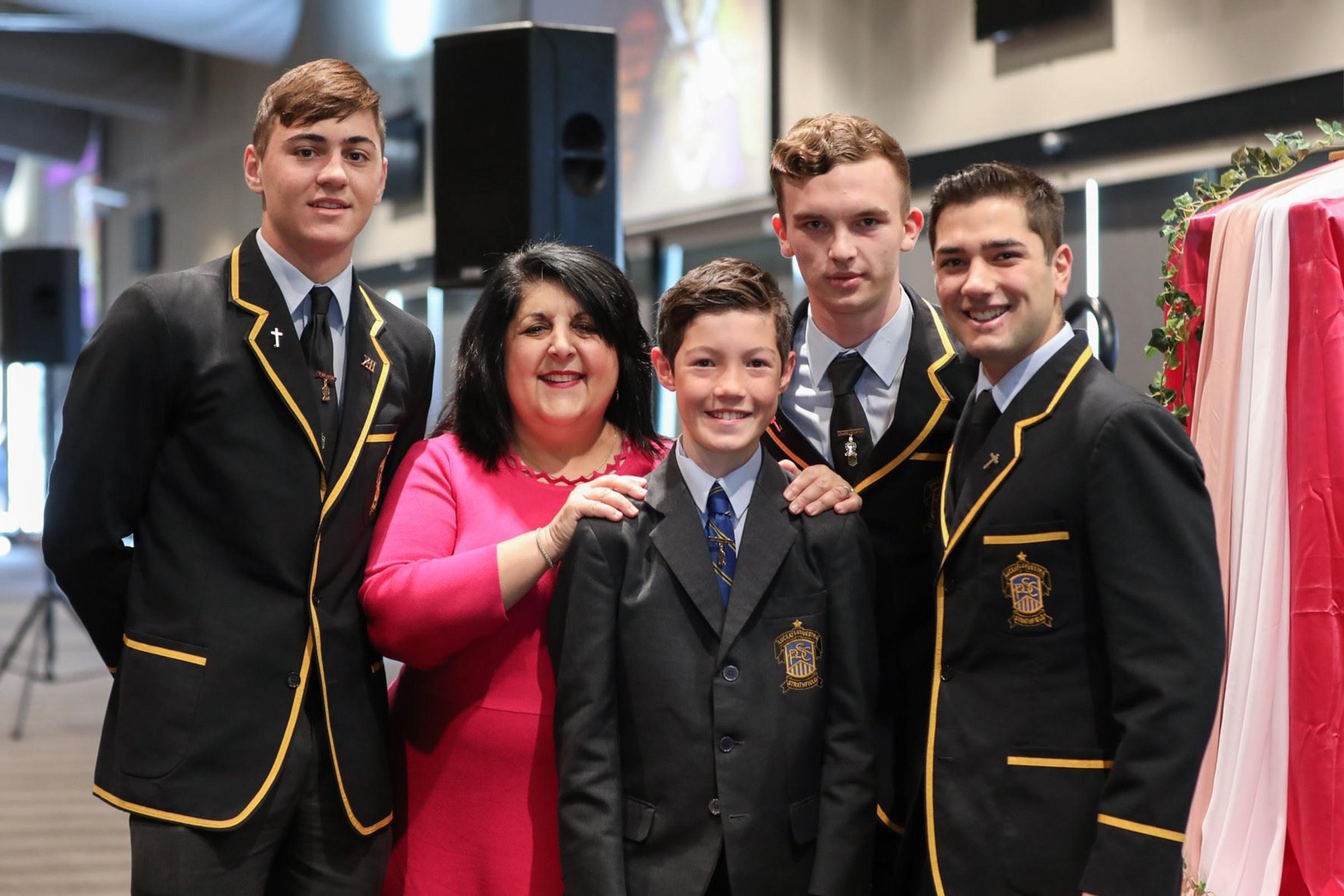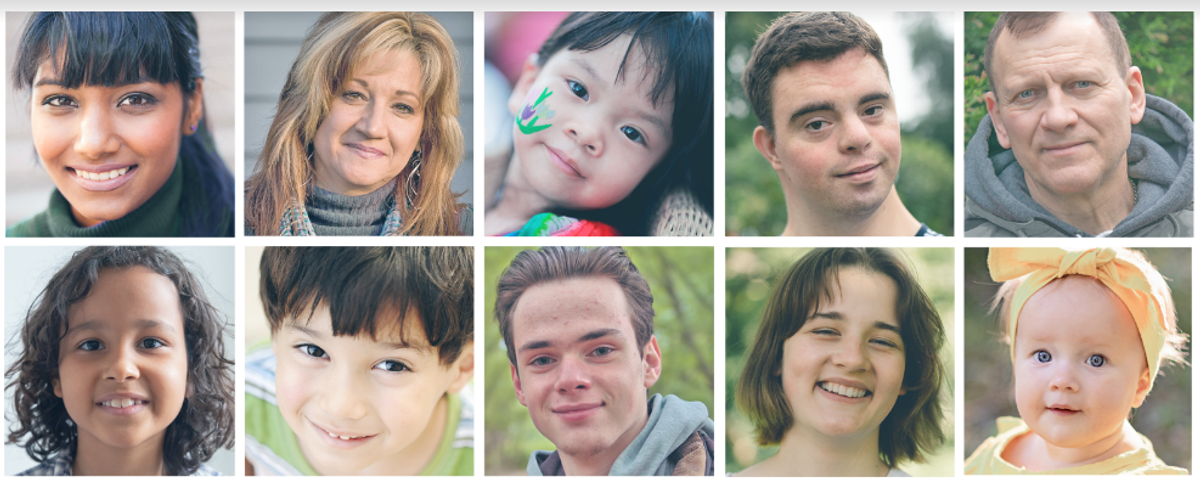Principal

This week, we are reflecting on child safeguarding during National Child Protection Week. In my Principal’s welcome on our website, I state:
“Our prime focus is to promote the safety and wellbeing of young men under our care. We take our responsibilities for child safeguarding extremely seriously and therefore we commit to ensuring that our College has appropriate policies and practices to make it a place that is both safe and inclusive. Central to this, is student voice and agency. Our College’s child safeguarding programs are regularly updated and checked for compliance with regulatory requirements”.
We take the issue of protecting our young people who are in our care while at school very seriously. Why? Child abuse and neglect is one of Australia’s most significant social problems. The term ‘child abuse’ includes:
- Physical abuse: non-accidental aggressive act towards a child including slapping, shaking, punching, kicking etc.
- Psychological abuse: includes rejecting, ignoring, terrorising and/or not providing emotional support and care.
- Sexual abuse: any sexual activity between a child and an adult or older person (five or more years older). Includes fondling, oral or anal and vaginal penetration, exposing or involving a child in pornography, voyeurism etc.
- Neglect: failure to provide for a child’s basic needs, including not enough food, shelter, clothing, supervision, medical attention, chronic school absenteeism, etc.
- Children’s exposure to Family Violence: a child being present, either hearing or seeing, while a parent or sibling is subjected to physical, sexual or psychological abuse or is exposed to damage caused by the abuser.
Here are some tips for parents/carers to assist students in guarding their safety.
As trusted adults in children’s lives, the most important role we have is to keep our kids safe. Teaching kids simple strategies that through regular revision and practice become second nature, can help them build confidence and resilience to protect themselves in a variety of situations across the span of their lives. Children can begin learning these personal safety skills and strategies from as young as three years old. Research supports that teaching children about personal safety assists with:
- Reducing the likelihood of a child entering into an unsafe situation
- Helping a child know how to respond to an unsafe situation
- Increasing a child’s sense of confidence and in doing so, reducing the likelihood the child will be targeted
- Increasing a child’s knowledge of their personal rights and in doing so, increasing the likelihood that the child will speak out if they feel unsafe or unsure.
The Three Rules of Personal Safety
Parents/carers should instil in their children the following three personal safety rules:
1. We all have the right to feel safe with people.
This rule teaches kids that they have the right to feel safe and secure where they live, play, and learn, and that no one has the right to make them do something that makes them feel unsafe or unsure.
2. It’s OK to say ‘NO’ if you feel unsafe or unsure.
This rule teaches kids that it is OK to stand up for themselves and to be assertive if something doesn’t feel right.
3. Nothing is so yucky that you can’t tell someone about it.
One of the reasons that children fail to disclose harm is because they are afraid of getting into trouble. This rule helps to encourage your child to speak to a trusted adult, even if something seems scary or terrible.
How to Talk to your Child About Personal Safety
- Speaking with your child about personal safety should not be a one-off conversation. Rather, create opportunities that allow talking about personal safety to be part of an ongoing dialogue between you and your child. Always let your child know you are there for them and keeping them safe is your number one priority.
- It is recommended that you teach your child the correct language for their private parts. Emphasise that those parts are private and belong to them.
- Try not to scare or alarm your child. Speak calmly and confidently, keeping a neutral, natural tone, ensuring that you allow time for your child to process the information and ask questions. Never make them feel ashamed or embarrassed about sexuality or body parts.
There are a number of freely available webinars all week and these can be located by following this link: FINAL - Official Program Webinars & Events 2022 - NAPCAN.
EREA has also produced a wonderful website that contains useful and thought-provoking resources.
I encourage any one of our students to speak to a trusted adult about any matter that concerns them, especially if they are embarrassed to speak to their parents/carers. We can always help you!
Prayer During Safeguarding WeekGracious God, you love and care for all of your children, especially the smallest and most vulnerable. We entrust to you the lives of children and adults at risk who have been sexually abused, and whose trust and innocence have been destroyed. Help us to hear their cries of pain and to take responsibility for those whose lives have been broken. Help us to recognise the hurt felt by those wounded by abuse, and the failure to be heard. We pray that with the help of your grace communities and families will find understanding and support, so that now and in the future their wounds may be healed and they may find lasting peace. Let your grace and love fall gently now upon our children and adults at risk, giving them the inner strength, peace and resilience to seek out assistance when required. We ask this prayer through our Lord Jesus Christ, your Son, who lives and reigns with you in the unity of the Holy Spirit, God forever and ever. Amen |
In Memoriam
We keep in our prayers Benjamin Calleja (Year 6) for the loss of his beloved grandmother, Mrs Marcia Bendeich who passed away last week. Mrs Bendeich had a long family connection with the College, being the sister of Old Boys, the late Fr Brian Murray (’45) and the late Fr Peter Murray (’55). Mrs Bendeich is also the mother of Old Boys David Bendeich (’71), Peter Bendeich (’73), Philip Bendeich (’76) and Justin Bendeich (’85).
We also pray for the Donovan Family on the recent loss of their matriarch, Mrs Patricia Donovan, who had a strong family connection with St Patrick's College. Her husband, sons and grandsons are Old Boys of the College.
We pray for the repose of her soul and all the souls of the faithfully departed. Requiescat in Pace.
Dr Vittoria Lavorato
Principal
SPC boys can do anything!
**except divide by zero


